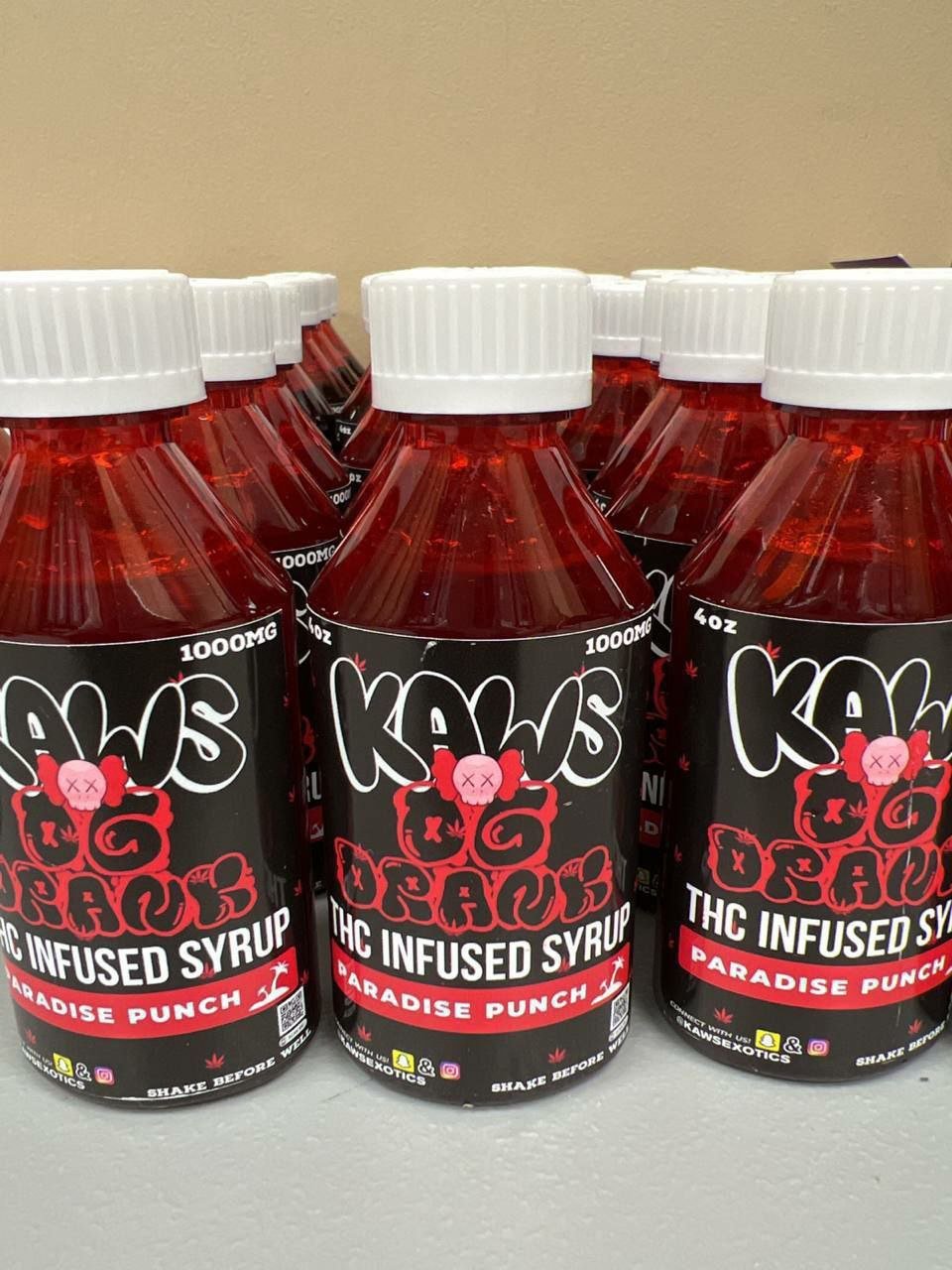Promethazine Hydrochloride
Promethazine Hydrochloride is a medication used to treat coughs and respiratory symptoms associated with conditions like the common cold, allergies, and the flu. It contains the active ingredient promethazine, which is an antihistamine with sedative properties.
Promethazine works by blocking the effects of histamine, a substance released by the body during an allergic reaction. By reducing histamine activity, it helps relieve symptoms such as sneezing, itching, watery eyes, and runny nose.
In cough syrup form, Promethazine Hydrochloride is often combined with other ingredients to provide relief for cough. These combinations may include decongestants to alleviate nasal congestion, expectorants to help loosen and expel mucus, or analgesics to reduce pain associated with a persistent cough.
It’s important to note that Promethazine Hydrochloride can cause drowsiness, so it is generally recommended to take it before bed or when you can rest. It is also advised to avoid driving or operating heavy machinery while under the influence of this medication.
As with any medication, it is crucial to follow the prescribed dosage and instructions provided by your healthcare professional. If you have any specific questions or concerns about promethazine cough syrup, it’s best to consult with a healthcare provider or pharmacist who can provide you with personalized advice.
Know more about promethazine cough syrup
Promethazine Hydrochloride is a medication commonly used to alleviate symptoms associated with coughs, allergies, and the common cold. It contains the active ingredient promethazine hydrochloride, which belongs to a group of drugs known as antihistamines. In this article, we will explore the uses, dosage, side effects, and precautions associated with promethazine cough syrup.
Promethazine Hydrochloride is primarily used to suppress coughing by blocking the actions of histamine, a substance that triggers cough reflexes. It is commonly prescribed to relieve coughs caused by allergies, respiratory infections, or irritants such as smoke or dust. Additionally, it can provide relief from other symptoms associated with these conditions, such as runny nose, sneezing, and itchy or watery eyes.
The recommended dosage of Promethazine Hydrochloride varies depending on the age and condition of the patient. It is typically taken orally, with or without food. For adults, the usual starting dose is 5 mL (1 teaspoonful) of syrup every 4 to 6 hours as needed. However, it is essential to follow the instructions provided by your healthcare provider or the directions on the medication label.
Like any medication, Promethazine Hydrochloride can cause side effects. Common side effects include drowsiness, dizziness, blurred vision, dry mouth, and constipation. These effects are generally mild and transient, but if they persist or worsen, it is important to seek medical attention.
In rare cases, promethazine can cause more severe side effects such as breathing difficulties, irregular heartbeat, or allergic reactions. If you experience any of these symptoms, it is crucial to seek immediate medical help.
There are certain precautions and warnings associated with the use of promethazine cough syrup. It should not be used in children under the age of two, as it may cause severe breathing problems. In older children, the dosage should be carefully adjusted based on their weight and age. It is also important to avoid alcohol consumption while taking promethazine, as it can increase the sedative effects of the medication.
Promethazine Hydrochloride should be used with caution in individuals with certain medical conditions, such as asthma, chronic obstructive pulmonary disease (COPD), liver disease, or urinary retention. It may interact with other medications, including sedatives, tranquilizers, and certain antidepressants. Therefore, it is crucial to inform your healthcare provider about all the medications you are currently taking to avoid potential drug interactions.
Pregnant or breastfeeding women should consult their healthcare provider before using promethazine cough syrup, as its safety during pregnancy or lactation has not been thoroughly established.
In conclusion, promethazine cough syrup is a commonly prescribed medication for relieving coughs and associated symptoms. By blocking the actions of histamine, it suppresses the cough reflex and provides relief from coughs caused by allergies, respiratory infections, or irritants.
However, it is important to follow the recommended dosage, be aware of potential side effects, and take necessary precautions, especially in specific populations such as children, individuals with certain medical conditions, or those taking other medications. Always consult with a healthcare provider for personalized advice and guidance regarding the use of promethazine cough syrup.
| Bottles | 1 Bottle, 2 Bottles, 3 Bottles, 4 Bottles |
|---|
Reviews
There are no reviews yet.
















Be the first to review “Promethazine Hydrochloride”